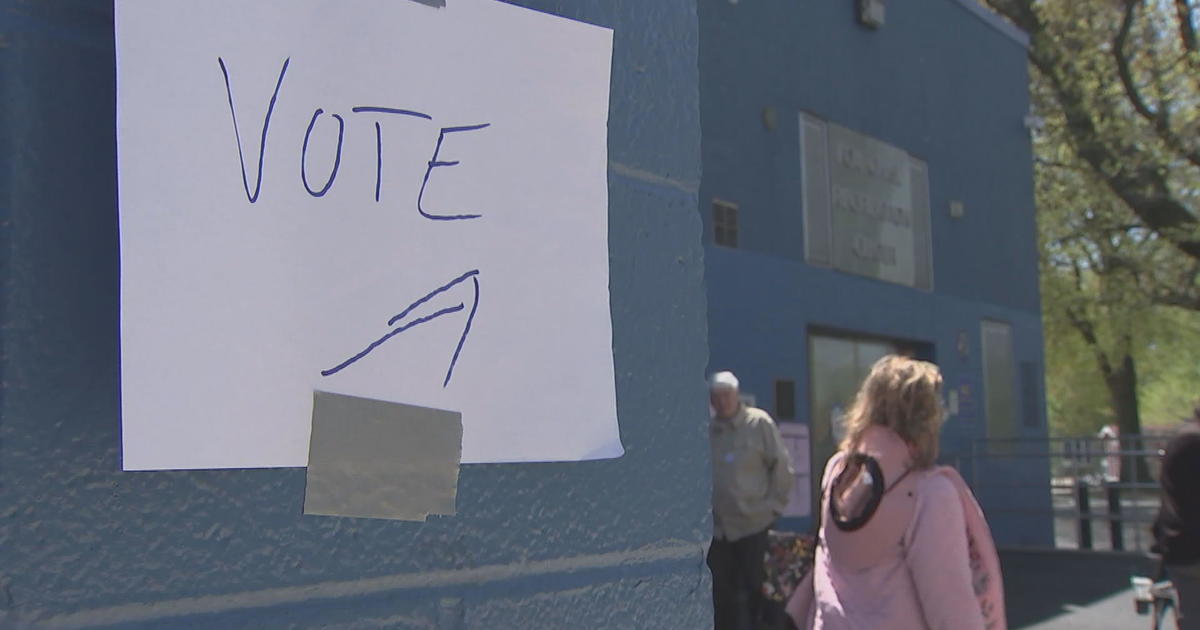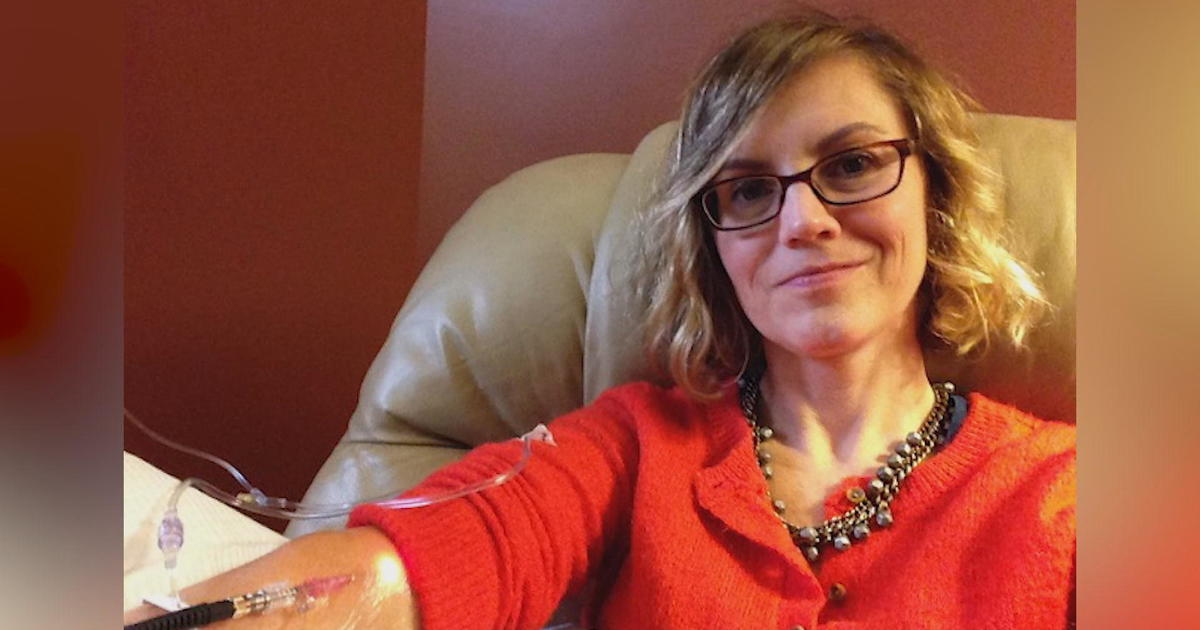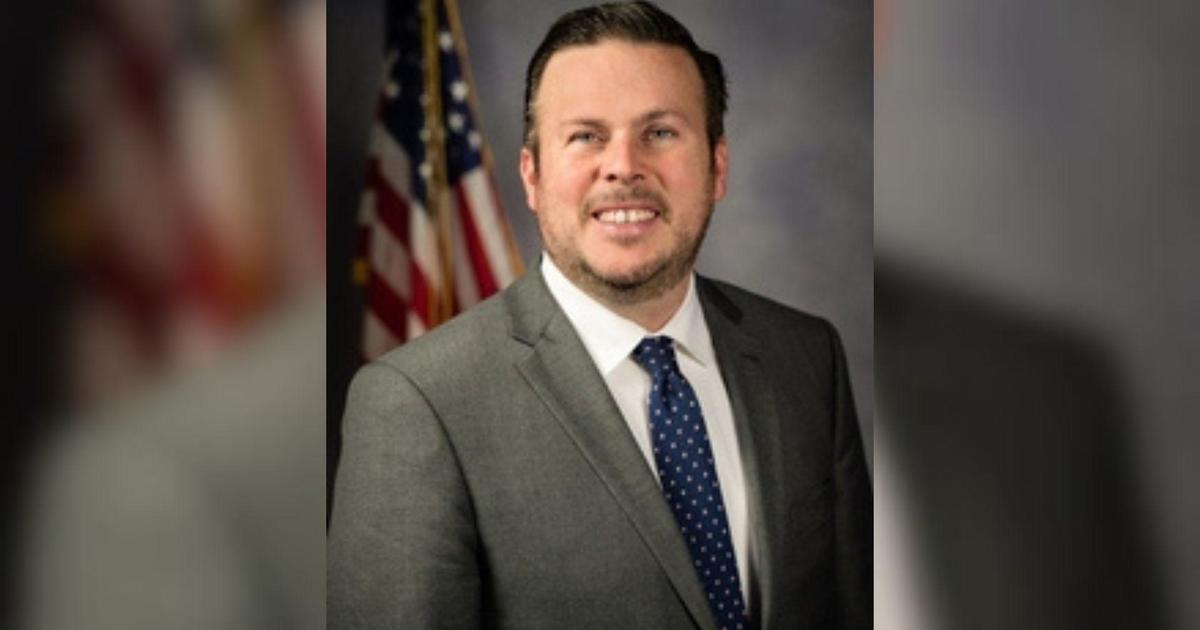Pennsylvania Animal Shelters Struggle To Do More With Less
PHILADELPHIA (AP) - Budget woes in communities around Pennsylvania aren't only affecting people, but potentially thousands of stray dogs and cats with nowhere to go because cash-strapped shelters cannot afford to take them in.
Animal shelters are receiving fewer grants and donations, veterinary and shelter costs are on the rise, and more people in financial straits are surrendering their pets -- a combination creating dire consequences in some communities, advocates say.
The state's 63 dog wardens, who report to the Agriculture Department, are required to pick up strays but there's nothing on the books in Pennsylvania that mandates where the animals go from there.
"Because there were humane societies and SPCAs that were in some cases willing to them in, the state never was really faced with the challenge of coming up with the second part of the equation," said Sue Cosby, head of the Pennsylvania Society for the Prevention of Cruelty to Animals. "It's complicated and there are no easy answers," she said. "It's a huge problem that varies from community to community, from urban to very rural areas."
Shelters have traditionally taken a variety of approaches to make ends meet. Many count on philanthropy, community fundraisers, grants and municipal donations in exchange for services. When those funding sources dramatically shrank amid the economic downturn, some shelters began asking for a per-animal or per-capita fee from communities who catch and turn over their strays.
In Lackawanna County, Griffin Pond Animal Shelter is saddled with a $200,000 deficit and said it cannot afford to accept dogs and cats from municipalities without a $50 per animal drop-off fee -- about half of what it costs the shelter to care for each animal brought in. (Citizens who bring in strays on their own will not be charged.)
"We don't ever want to turn away any animal at any time, but we also have a fiduciary duty to make sure the shelter remains operational," said Jill Spott, a member of Griffin Pond's board.
Local municipalities do make annual donations to Griffin Pond, but Spott said it's not nearly enough to cover the increasingly expensive cost of food and veterinary care. The city of Scranton, for example, has proposed giving the shelter $6,500 but brought in around 2,000 animals this year -- around one-third of the privately-run shelter's annual intake.
"This is pretty much a main shelter for the area, if it were to close down it would be a really bad situation," Nancy Reese, who heads the nonprofit Northeast Pennsylvania Animal Adoption Network. "You'd see more dogs and cats being abandoned, more animals being euthanized."
Adding to the already tenuous finances of shelters and the communities they serve is an increase during the economic downturn of people giving up their pets amid home foreclosures and unemployment, she said.
In Philadelphia, the Pennsylvania SPCA said the $1 million it gets from the city is not enough to care for the 32,000 animals it takes in every year.
The Humane League of Lancaster County raised rates from a 30- to 64-cent tax per resident in the communities it serves, and no longer accepts strays from the roughly half of municipalities countywide that do not pay. Executive director Joan Brown said the league, which takes in about 8,000 cats and 4,000 dogs annually, is still battling a deficit.
Pennsylvania is far from unique. Animal organizations nationwide are grappling with finances and shelters are seeking help from municipalities, individual donors, volunteers and philanthropists, said Inge Fricke, sheltering director for the Humane Society of the United States.
New York City shelters, citing lack of manpower, no longer are taking reports of lost pets or searching facilities for animals reported missing by owners. Across the country in Sacramento County, Calif., a brand new shelter recently had to slash its staff nearly in half, which can lead to days-long waiting lists for workers to respond to reports of stray or hurt animals.
The Agriculture Department held a meeting of animal welfare groups, state dog wardens, shelter officials and others to discuss the issue. The groups plan to reassemble in three months to work on possible next steps.
"We're at a turning point," said Jessie Smith, special deputy secretary of the Bureau of Dog Law Enforcement. "There were great ideas being batted around, and everyone had expressed interest in working together on finding solutions to this problem and potential sources of funding."
(© Copyright 2010 The Associated Press. All Rights Reserved. This material may not be published, broadcast, rewritten or redistributed.)



